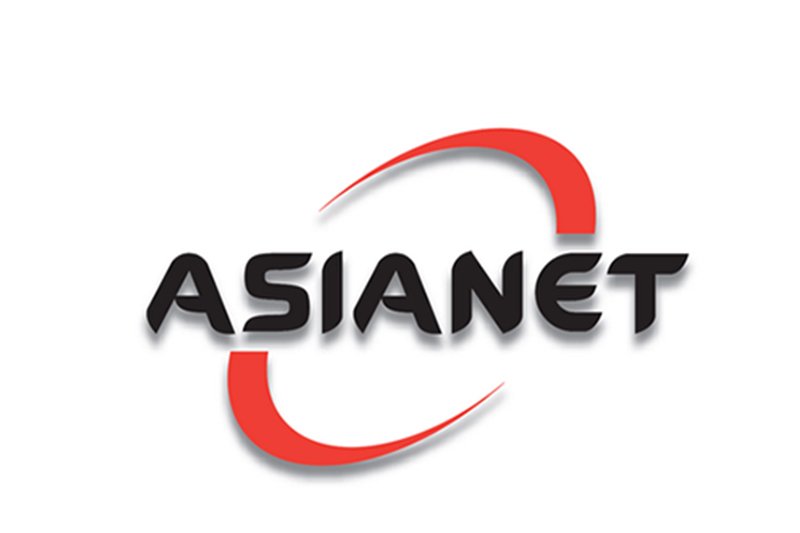IIJ adds “Browser Isolation” function to its zero-trust network access service “Safous”
Tokyo, Sept. 28, 2022 (ANTARA/Kyodo JBN-Asianet) -
– This New Function Offers Secure Access to Corporate Applications and External SaaS through Virtual Browser -
Internet Initiative Japan Inc. (hereinafter “IIJ,” TSE Prime: 3774), one of Japan’s leading Internet-access and comprehensive network solutions providers, announced the addition of a new remote browser isolation function, “Browser Isolation,” to its zero-trust network access (ZTNA) (*) service, “Safous,” which is mainly available for users in the U.S. and Asia, starting September 28.
The Safous platform is a zero-trust remote access service that provides application-level control over corporate applications and external “software as a service” (SaaS) access from a remote environment. This optional Browser Isolation function is Safous’ proprietary, sandbox-based virtual browser that allows users to access applications and SaaS virtually, eliminating browser-based threats and providing more secure access.
“Kasm Technologies is honored to provide Kasm Workspaces remote browser isolation, our web-native secure remote access and DevOps-enabled container streaming technology, to Safous’ Browser Isolation function. Browser Isolation is an industry-leading, cost-effective, and secure browser-based remote access solution,” stated Justin Travis, Co-founder and CEO of Kasm Technologies.
(*) ZTNA is a zero-trust solution that provides seamless and secure remote access to internal applications. Instead of authenticating at the boundaries of the enterprise network, authentication is performed through a trusted broker system each time an application is accessed.
Background
More companies have started using SaaS in recent years, including powerhouses like Microsoft 365 and Google Workspace, due to the popularization of hybrid work. Unfortunately, these cloud-based systems are critical targets for attackers. In several reported cases, company networks are infected with malware and ransomware through a remote environment, causing a data breach and the suspension of business operations. Because the browser and network on the terminal side are not secure in remote environments — and are potentially…


